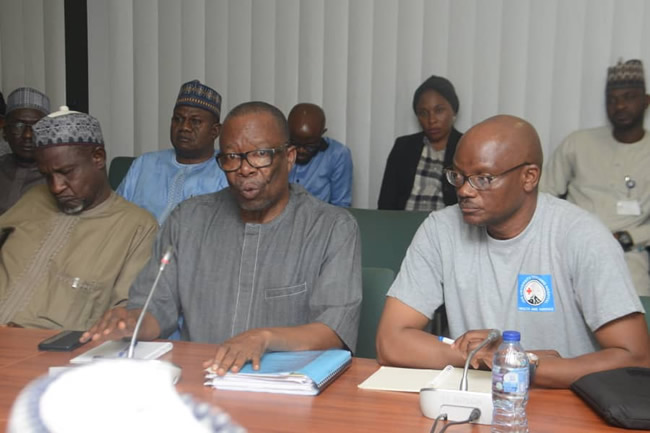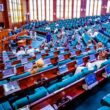The Academic Staff Union of Universities (ASUU) has warned that if public universities in Nigeria are forced to shut down again due to a strike, Nigerians should place the blame squarely on the Federal Government. According to the union, its members have worked hard to prevent another industrial action, but the government’s lack of commitment and action on key issues may leave them with no other choice.
In a statement titled “Let Good Conscience Prevail,” issued on Wednesday in Makurdi by ASUU’s Nsukka Zone Coordinator, Raphael Amokaha, the union expressed its frustration with the government’s ongoing neglect. Amokaha reminded the public of the prolonged strike that crippled the nation’s universities in 2022, cautioning that a similar situation could soon arise again.
Amokaha outlined the main grievances that have remained unresolved since 2009. These include the renegotiation of the 2009 ASUU-Federal Government Agreement, underfunding of universities, the controversial use of the Integrated Personnel Payment Information System (IPPIS) which the union claims violates university autonomy, non-payment of Earned Academic Allowances (EAA), and other unpaid entitlements for university staff.
ASUU stated that despite the suspension of the last strike in October 2022, following an intervention by the National Industrial Court, both the previous and current governments have failed to adequately address the union’s concerns. Amokaha said, “This attitude, unfortunate in its nonchalance, may be inspired by a delusional sense of conquest over ASUU.”
ASUU emphasized that it has tried various methods to avoid another strike, including protests, press conferences, and town hall meetings, but all efforts have been met with indifference from the government.
“And we are making this last ditch effort that public hearted individuals and all concerned citizens will lend their voices to our efforts to seek an amicable resolution of the concerns and agitations of our union.
“University workers are one of the very few, if not the only set of workers in Nigeria that have not had a salary review in the last fifteen years. We have consistently held press interactions at the various levels of our union, done protests, held town hall meetings all in a bid to avoid strikes and impress it on government to do the right thing. All these have been futile.
“This lack of commitment and sincerity on the part of government must stop. We wish to put it on record that government agents have been lackadaisical in their approach, non-committal in their utterances and evasive in meetings.
Government through its agents have chosen delay tactics over sincerity of purpose.
“The President of Nigeria addressed the nation on our 64th independence anniversary. In his address, there was copious reference to a month long youth confab that government was planning ostensibly as a way of giving our youth direction to a bright future.
“If we may ask though, can a one month confab compare to four years of steady academic calendars of quality education in securing the future of our youths and our nation? Can this ‘noble’ confab intended by government accommodate one tenth of the youth population in our public universities, bearing in mind that there are over seventy public universities, with a minimum of four thousand students each with some having as many as 60 to 120,000 students?
“If the government cares about our youth, if the government cares about the citizenry, if the government cares about a better Nigeria, the first thing to do is to take education seriously.
“The way forward to avoid the looming industrial crisis in our public universities, and to secure the future of our youth and nation is for government to let good conscience prevail.
“Even though the high hopes we had with the advent of the present regime have dimmed we refuse to give up completely, and even in our hope, our resilience remains unwavering.
“ASUU-Nsukka Zone wishes to state in clear terms that if the government of theday frustrates our union into an industrial action, then the government must be held solely responsible for such a crisis. Consequently, all appeals for an amicable resolution at that time should be directed at government and not our union.”










